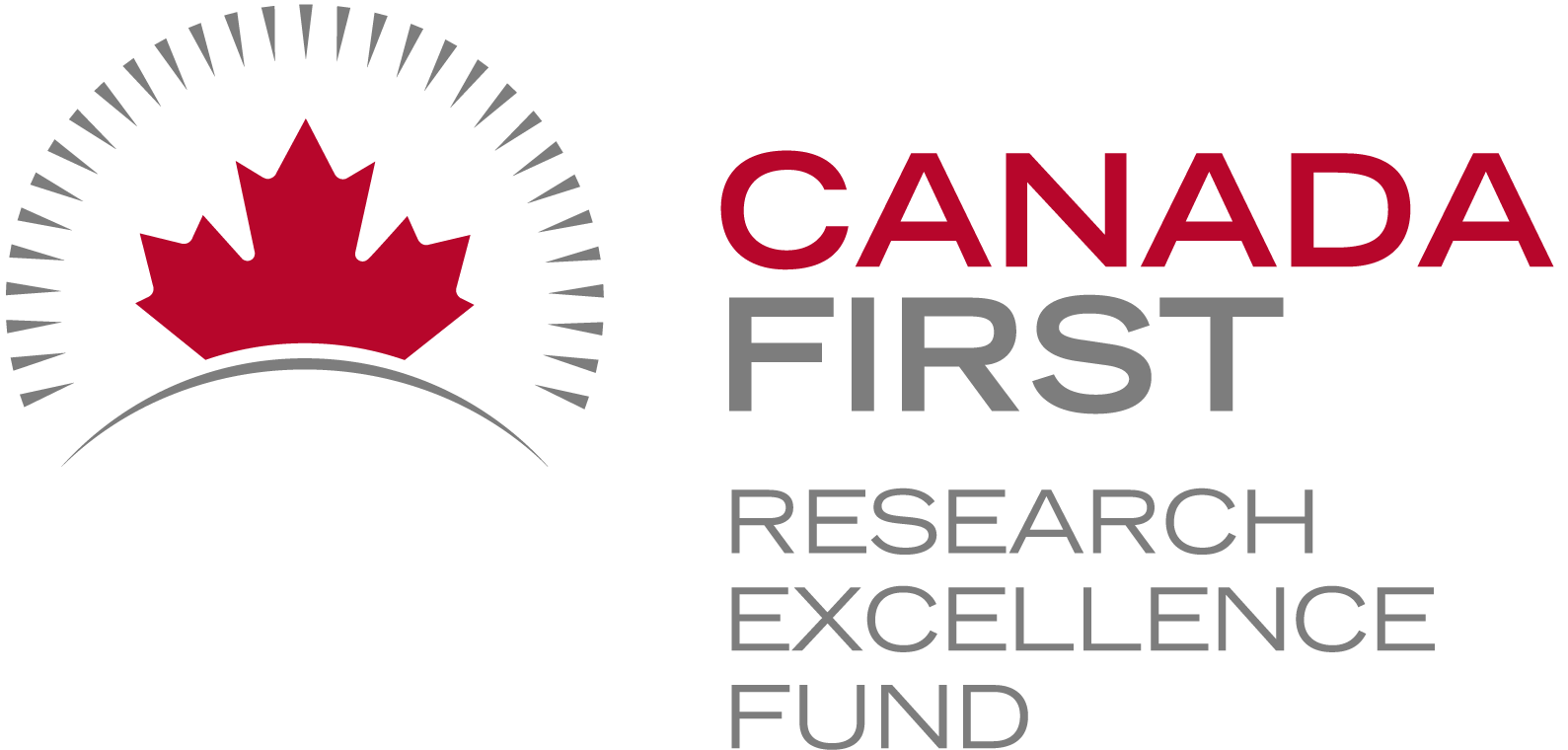
Understanding Metadata at ADC
At Agri-food Data Canada (ADC), we are developing tools to help researchers create high-quality, machine-readable metadata. But what exactly is metadata, and what types does ADC work with?
What Is Metadata?
Metadata is essentially “data about data.” It provides context and meaning to data, making it easier to understand, interpret, and reuse. While the data itself doesn’t change, metadata describes its structure, content, and usage. Different organizations may define metadata slightly differently, depending on how they use it, but the core idea remains the same: metadata adds value by enhancing data context and improving the FAIRness of data.
Key Types of Metadata at ADC
At ADC, we focus on several types of metadata that are especially relevant to research outputs:
1. Catalogue Metadata
Catalogue metadata describes the general characteristics of a published work—such as the title, author(s), publication date, and publisher. If you’ve ever used a library card catalogue, you’ve interacted with this type of metadata. Similarly, when you cite a paper in your research, the citation includes catalogue metadata to help others locate the source.
2. Schema Metadata
Schema metadata provides detailed information about the structure and content of a dataset. It includes descriptions of variables, data formats, measurement units, and other relevant attributes. At ADC, we’ve developed a tool called the Semantic Engine to assist researchers in creating robust data schemas.
3. License Metadata
This type of metadata outlines the terms of use for a dataset, including permissions and restrictions. It ensures that users understand how the data can be legally accessed, shared, and reused.
These three types of metadata play a crucial role in supporting data discovery, interpretation, and responsible reuse.
Combining Metadata Types
Metadata types are not isolated—they often work together. For example, catalogue metadata typically follows a structured schema, such as Darwin Core, which itself has licensing terms (license metadata). Interestingly, Darwin Core is also catalogued: the Darwin Core schema specification has a title, authors, and a publication date.
– written by Carly Huitema



